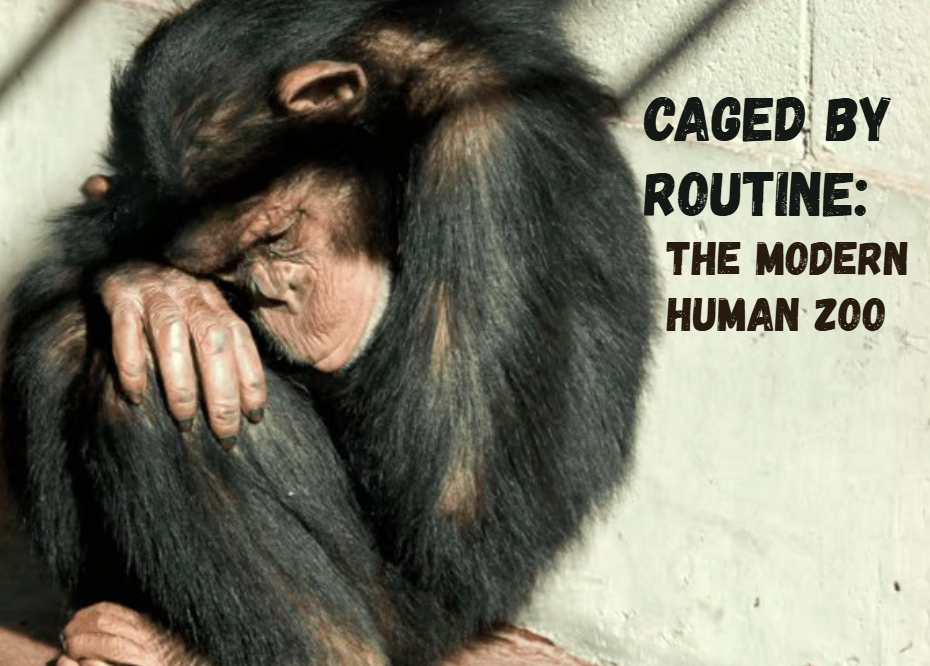Although I am not a parent, I’ve picked up on multiple instances which tell me that parenting is one of the most rewarding yet challenging journeys in life.
While every parent has their own approach to raising children, the concept of “gentle parenting” has been gaining popularity in recent years. Gentle parenting is rooted around prioritizing empathy, understanding and communication with children, instead of relying on punishment and control.
The ideal nuclear family, corporal punishment and romantic lustful feelings about domestic violence in pop cultural music; over the last century domestic violence has been pushed under the rug in different families across the globe. This glorification of abuse and neglect is not only harmful and counterproductive in raising healthy and well-adjusted children, but it promotes the idea to young individuals that it is okay to stay with someone even if they are putting you in harm’s way.
A common misconception about gentle parenting is allowing children to get away with any form of misbehavior while walking all over their parents. This is not the case. Gentle parenting is not permissive parenting. Instead, it’s about fostering positive and respectful relationships between parents and children, while also setting clear boundaries and expectations.
Gentle parenting approaches values like communication and understanding with children. It recognizes that children are individuals with their own thoughts, feelings and desires and that the role of parents is to support them in their growth and development. This means listening to your children, validating their emotions and engaging in constructive problem-solving. By valuing these emotional structures parents are teaching their children to regulate and process their intense emotions while also being able to communicate with others and provide a safe environment for everyone.
Punishments are not absent with gentle parenting, they just are not physical punishments. Groundings and other consequences are still put into place varying by each parent.
For example, a child becomes angry and smashes their iPad on the ground. Rather than spanking, hitting and/or screaming at the child. “Gentle parenting” firmly and calmly begins a conversation with the child asking why they got upset, why throwing and breaking items when we are upset is not okay and how it can lead to dangerous situations. Then, the parent may create a plan to teach the child about material items and their worth. The parent can bring up how expensive of a gift the iPad was and how the child can help work off and appreciate the hard work their parent put into buying that iPad. A punishment following may include doing chores for money to earn back the iPad, or simply just not being able to own another iPad until they are old enough to understand and contain their emotions.
According to the National Coalition Against Domestic Violence, one-third of children who have been abused in their life, tend to become abusers to their later in life partners and/or abuse substances. 30% of abused and neglected children will abuse their children. This highlights the disperse of abuse along generations.
Being proactive in cultivating empathy and emotional development in children is crucial for breaking the cycle of abuse that has continued through generations.
Physical punishment does not teach children why their actions were wrong, nor does it teach them how to appropriately behave; instead, physical punishment teaches them to be afraid of their parents and to avoid getting caught and/or how to manipulate the situation. The effects of physical punishment can be traumatic, inflicting long-lasting and damage that can haunt an individual for a lifetime.
Multiple studies have shown that children who are spanked or hit are more likely to develop mental health issues, such as anxiety and depression and may also experience physical injuries past puberty.
Parents have a responsibility to raise children in a safe and nurturing environment. This means setting clear boundaries and expectations for children, but also responding to their needs with empathy and understanding. When parents resort to physical punishment, they are essentially telling their children that violence is an acceptable way to resolve conflicts.
You may often encounter the term “gentle parenting” on social media and online platforms. However, it’s crucial to understand that this is not just an alternative or trendy approach. In reality, gentle parenting encompasses the fundamental practices that every parent should adopt to promote healthy and positive relationships with their children.
Being a parent is hard, they get angry and frustrated, but that is no excuse for parents to treat their child as a punching bag.
The effect of abuse and neglect as a way to discipline children is a tragic and concerning reality. Hitting is not a punishment, it’s abuse. Although parents may not “hit hard” their child will take the toll.
Prioritize open communication and empathy with children and teach them to recognize that physical punishment, nor physical abuse is inhumane and outright wrong.




















